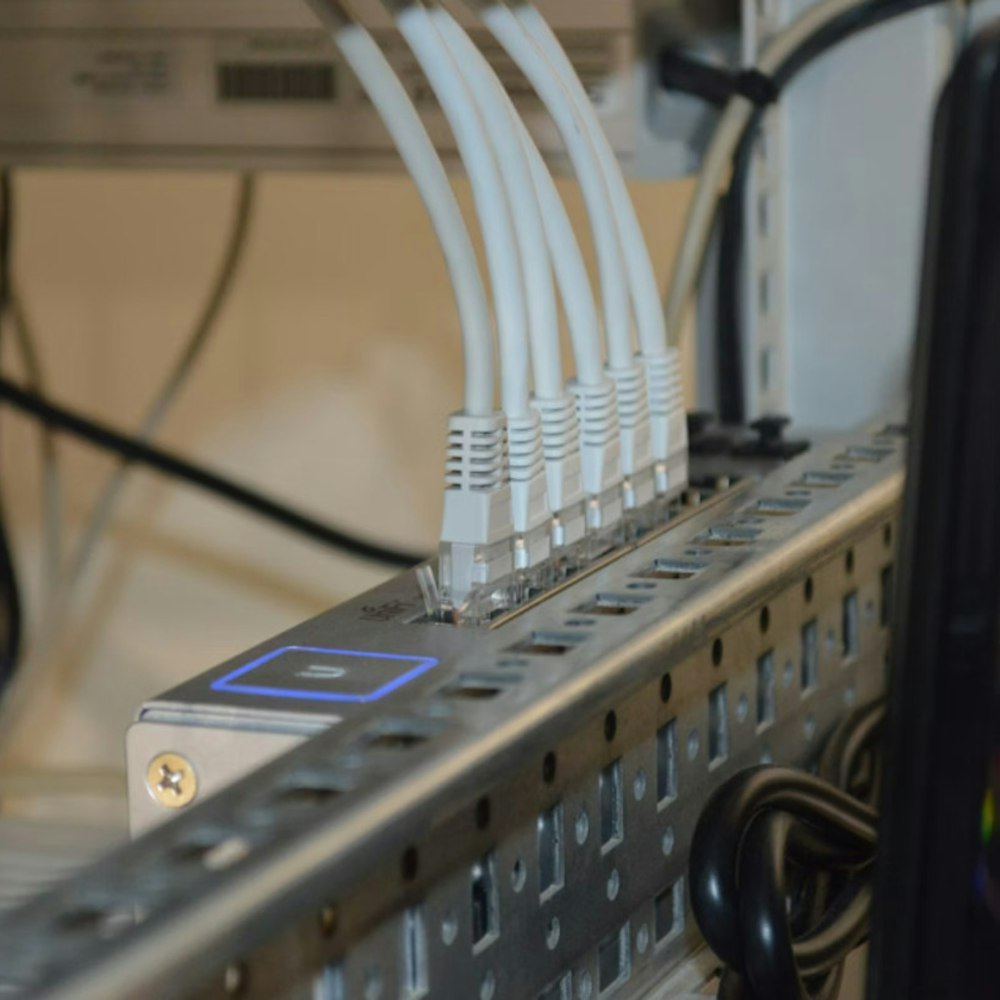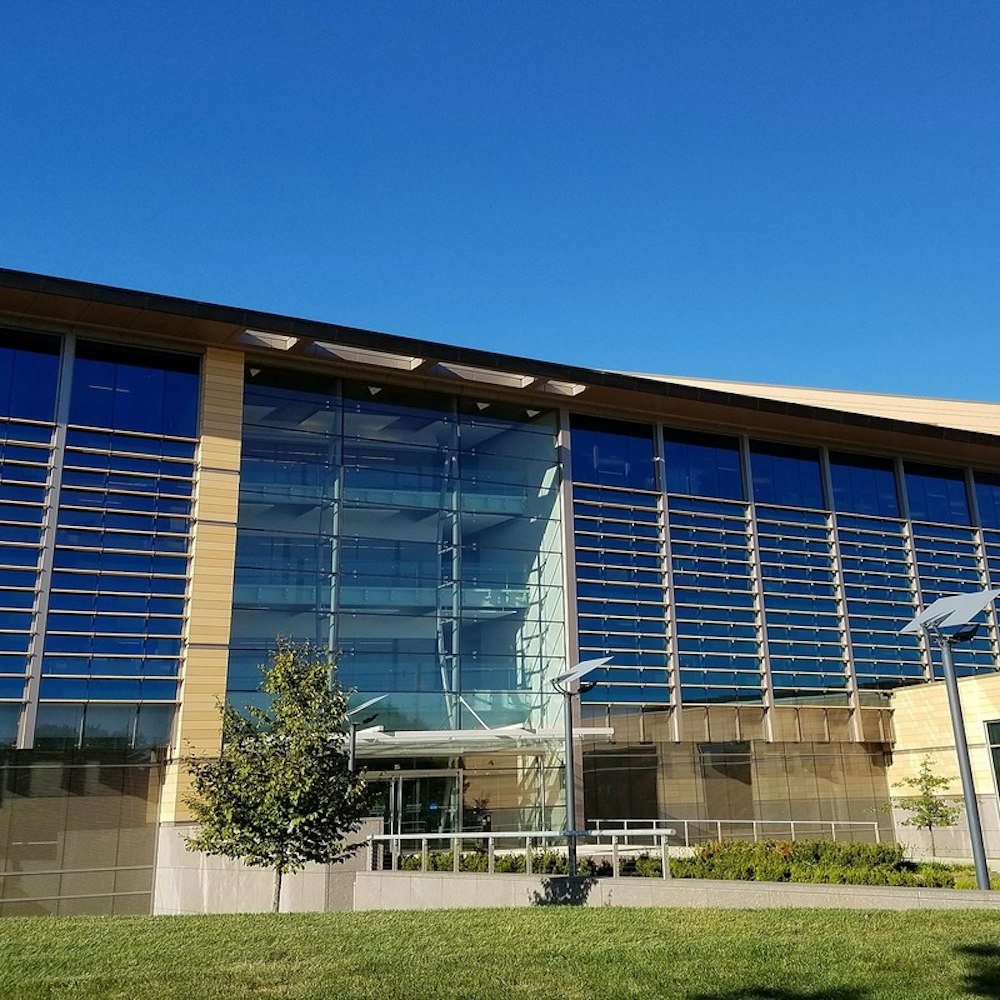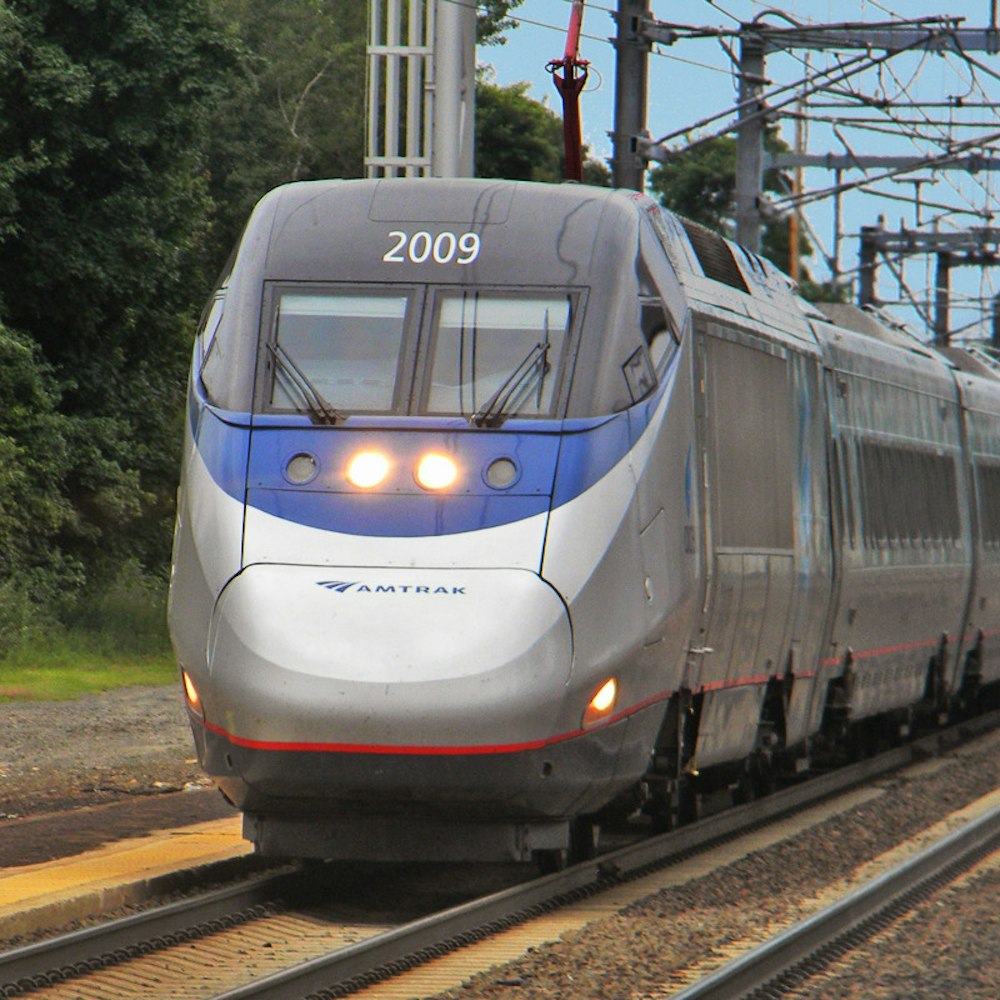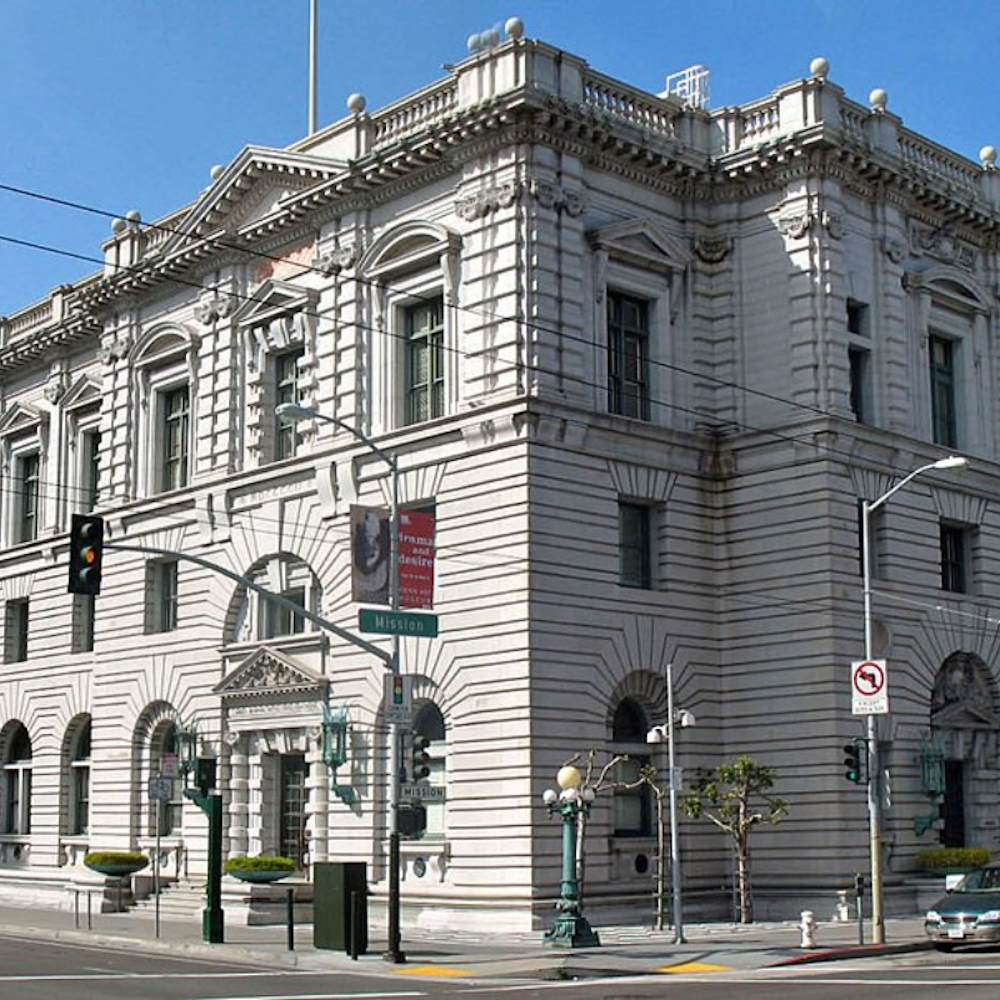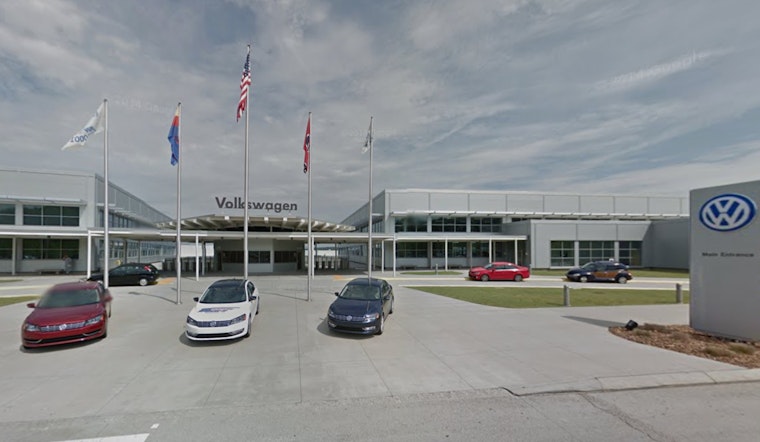
As the tension mounts at Volkswagen's Tennessee factory on the eve of a critical union vote, Governor Bill Lee and a cadre of southern governors have plunged into the fray with a stark warning for the autoworkers. Gov. Lee, joined by Governors Kay Ivey of Alabama, Brian Kemp of Georgia, Tate Reeves of Mississippi, Henry McMaster of South Carolina and Greg Abbott of Texas, has voiced concern that a vote in favor of the United Auto Workers union could endanger their jobs. The voting is set to commence this Wednesday with about 4,300 workers deciding whether they want UAW representation—the first gauge of the union's push to penetrate nonunion auto factories in the wake of their successful strike for higher wages last year, according to WABE's report.
In a statement, the governors argued they have been instrumental in attracting gainful employment to their states, yet they express distress over the possibility of businesses in their domains facing the same contestations that arose for the Detroit Three. "We are seeing in the fallout of the Detroit Three strike with those automakers rethinking investments and cutting jobs," they said. Gov. Lee extended his concern that a pro-union drive could halt the manufacturing momentum, a sentiment echoed by his southern peers, stating, "Putting businesses in our states in that position is the last thing we want to do." The National Labor Relations Board is expected to tally the votes by Friday night.
The UAW, on the hands of its President Shawn Fain, has fixed its sights on more than a dozen nonunion auto plants, intensively targeting factories run by some of the industry's titans—including Tesla, Nissan, and Mercedes-Benz. This ambitious drive encompasses nearly 150,000 workers, mostly situated in the South where the union has struggled to gain a foothold. Recently, a majority of workers at the Mercedes-Benz plant in Alabama signaled their intent to vote on unionization, setting a notable precedent for the southern automotive workforce.
Volkswagen has not taken an antagonistic stance in this fray of labor politics. "We will fully support an NLRB vote so every team member has a chance to vote in privacy in this important decision," the company relayed in a recent statement while highlighting that its workers can pocket over $60,000 annually, barring the added attendance bonuses. The UAW's contract negotiations with Detroit automakers have previously led to a 25% pay raise, with long-term stipulations that could see workers enjoying nearly 33% in raises for top wages. These details furnish a sharp contrast to the southern governors' apprehensions, hinting at the contested visions of labor’s worth and collective bargaining's role in the modern automotive industry, as reported by WABE.
Workers at the VW Chattanooga plant, where Atlas SUVs and ID.4 electric vehicles roll off the line, have voiced a longing for more control over their schedules, benefits, and pay. The union has narrowly missed the mark in two previous bids for representation at this particular factory in 2014 and 2019. The outcome of this week's vote could very well tilt the future of union influence in the southern auto industry and, by extension, serve as a barometer for union dynamics across the United States.
